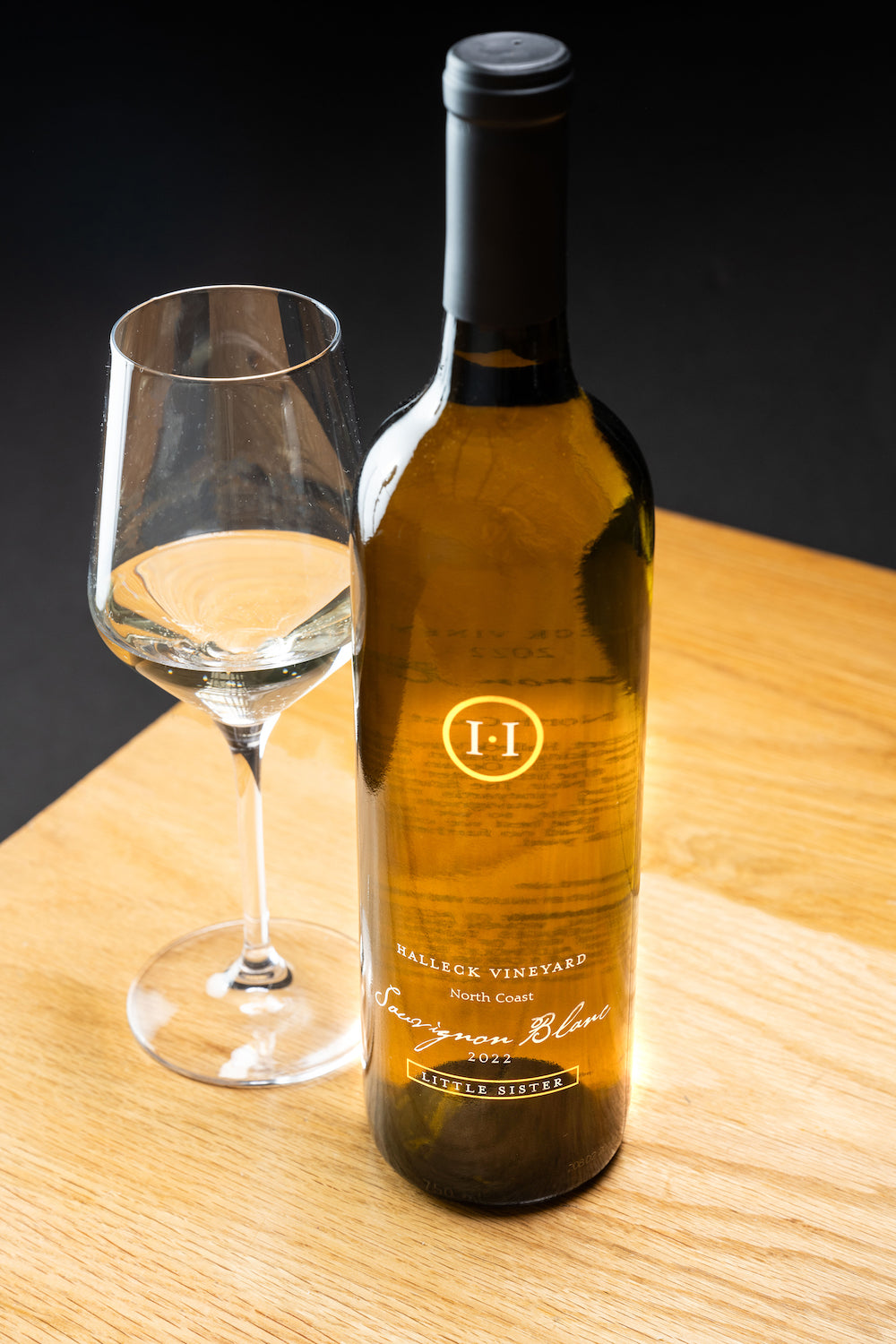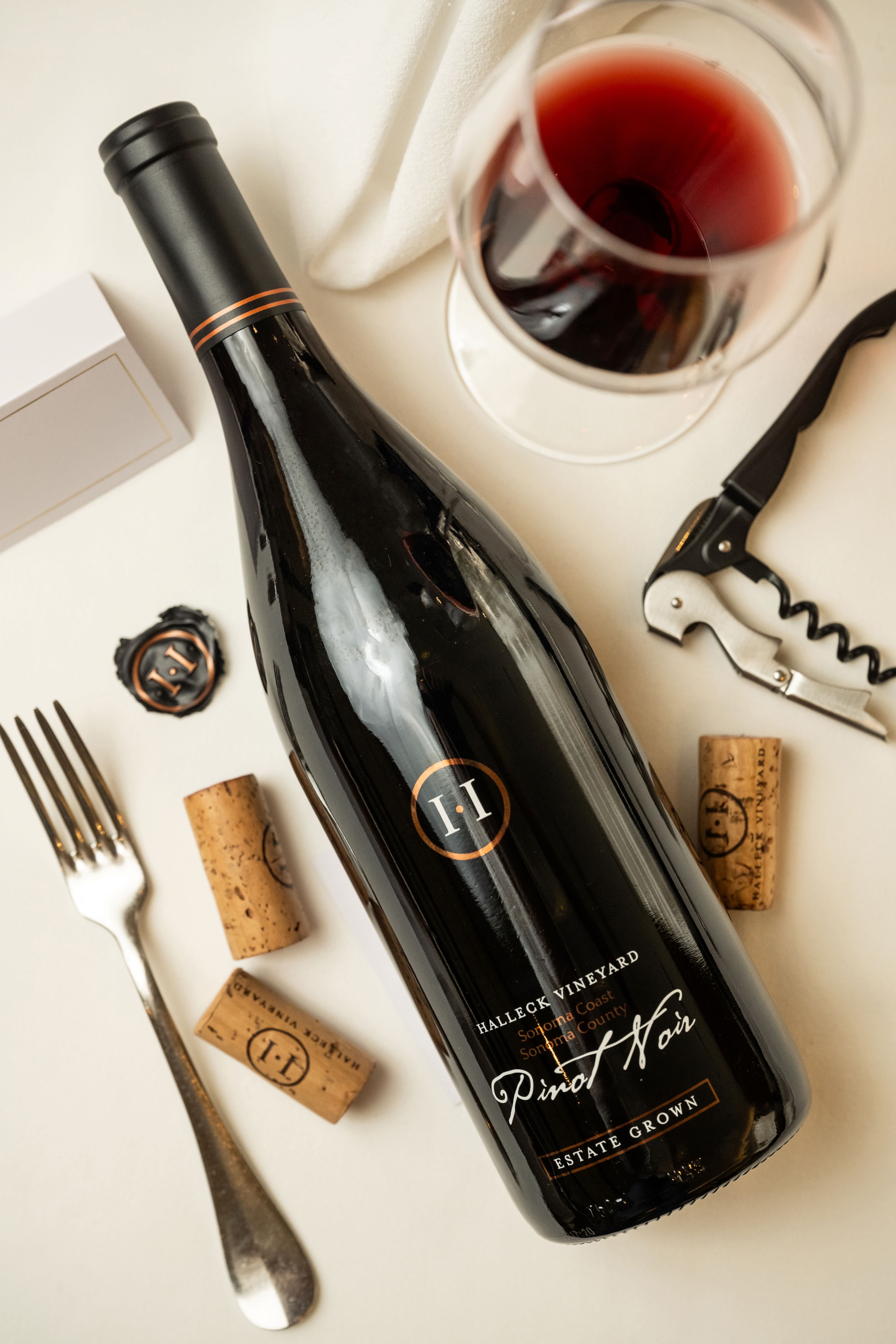Wineries With Beautiful Architecture - Sonoma County's Best Wine Experiences
Wineries Offering Charcuterie And Wine Pairings - Enjoying The Best Wineries In Sebastopol
Wine tasting is commonly considered an art kind, one which goes beyond merely having fun with a beverage. It embraces a fancy interaction of flavors, aromas, and textures that requires devoted practice to really grasp. Many who enterprise into the world of wine tasting rapidly notice that it involves rather more than just sipping wine. Improving sensory skills via dedicated winery wine tasting can elevate the experience, reworking an informal consuming occasion into a complicated exploration of the senses.
At a basic stage, wine tasting engages the senses of sight, scent, style, touch, and even sound. Each element plays a vital position in appreciating the nuances of a wine. When one first pours a glass of wine, the wealthy hues can provide preliminary insights into its age and varietal. Observing the colour and readability helps kind expectations in regards to the wine's flavor profile. Many don’t fully recognize how this visual evaluation can set the stage for what is to comply with.
The subsequent step is to have interaction the sense of smell. Swirling the glass aerates the wine, permitting its unstable compounds to flee and fill the air with its bouquet. The nose entails some fascinating layers—different aromas can sign various aspects of the winemaking course of, together with the sort of grapes used, fermentation strategies, and getting older circumstances. Creating a eager sense of odor is normally a game-changer in wine tasting.
Wineries In Green Valley - Sonoma Vineyard Tours
To improve this sensory skill, wine enthusiasts are sometimes encouraged to take part in dedicated tastings at wineries. These tastings enable individuals to focus solely on the sensory experience (Wineries With Sustainable Practices). Tasting periods led by educated sommeliers or winemakers can supply insights into identifying distinct aromas. Learning to distinguish between floral, fruity, earthy, and spicy notes can empower a taster to articulate their experience with greater precision.
As one practices their sensory skills, they could uncover that their taste preferences evolve. This transformation usually occurs after a number of tastings. A wine that originally seemed overwhelming would possibly reveal hidden layers of complexity with a little bit of experience. Understanding the means to isolate individual flavors such as acidity, sweetness, bitterness, and umami contributes considerably to the general wine experience.
Another important element in enhancing sensory skills is the context in which wine is tasted. Environmental elements like temperature, lighting, and even the corporate present can affect perceptions. At a winery, an optimal setting can scale back distractions and allow a more profound exploration of the wine (Wineries Ideal For Large Groups). Training conscious tasting techniques encourages a more immersive experience, permitting tasters to hone in on their senses.
It isn't solely about particular person perception, although. Engaging with others throughout a tasting can also enhance sensory skills. Sharing notes and discussing impressions fosters a deeper understanding of the wine. This collaborative method encourages individuals to articulate their sensory experiences, thereby broadening their linguistic repertoire associated to wine tasting.
Best Chardonnays From Sonoma Winemakers - Family-Owned Wineries In Sonoma
Additionally, pairing wine with food can considerably enhance the tasting experience. Different combos can deliver out unique flavors in both the wine and the dish. As one tastes a wine alongside explicit meals, they can begin to acknowledge how certain elements within the wine complement or contrast with what they're consuming. This skill of pairing is another layer that enriches sensory growth.
Coaching one’s palate can Visit Your URL involve quite a lot of workouts. Some enthusiasts interact in systematic tasting experiences, sampling a range of wines that showcase different varietals, areas, or vintages. Exploring this range can sharpen the power to discern nuances across completely different wine profiles. Over time, this practice builds a mental library of flavors that can be accessed throughout future tastings.
Notably, written notes serve a dual objective: organizing one’s ideas and reinforcing memory. By writing down observations about each wine, tasters can monitor their progress over time. Detailing the characteristics of wines assists in solidifying information, in the end deepening one’s appreciation of what they devour.
Furthermore, attending workshops or classes focused on sensory analysis can be helpful. Many wineries supply these academic applications to assist people refine their skills. Usually, trained instructors guide members by way of structured tastings, focusing on particular elements of the wine. This stage of education reinforces the sensory skills asynchronously and challenges tasters to suppose about their experiences from totally different angles.
Wine Tasting Tours In Russian River Valley - Sebastopol Wine Tours And Vineyards

Over time, the dedication to bettering sensory skills through dedicated winery wine tasting can yield significant rewards. The enjoyment derived from wine becomes layered and multifaceted. No longer restricted to a easy desire for "pink" or "white," tasters start to understand the tales behind every pour. They domesticate a palette able to navigating the advanced panorama of flavors with confidence.
In conclusion, the journey of enhancing sensory skills through dedicated winery wine tasting is as rewarding as it is enjoyable. It requires focus, commitment, and a willingness to study, but the outcomes far exceed the initial effort. By engaging multiple senses and participating in thoughtful discussions, individuals not only turn into more proficient at figuring out flavors but in addition develop a deeper appreciation for the craftsmanship behind every bottle. The course of transforms wine from a mere beverage into a rich tapestry of sensory exploration that beckons enthusiasts to delve deeper. As skills improve, so too does the enjoyment, enriching life experiences one sip at a time.
Rustic Family-Owned Wineries In Sebastopol - Sebastopol Wineries
- Participating the palate through diverse wine varieties enhances the power to inform apart flavors and aromas, refining total sensory perception.
- Participating in guided tastings promotes targeted consideration on refined traits of every wine, nurturing important tasting skills.
- Learning to identify specific grape varieties fosters a deeper understanding of terroir, which aids in recognizing regional flavor profiles.
- Incorporating food pairings during tastings can heighten sensory consciousness, as completely different tastes can influence each other and alter perceptions.
- Training the art of swirling and nosing wines allows individuals to connect olfactory cues with style, bettering the flexibility to articulate sensory experiences.
- Attending workshops that emphasize blind tastings trains participants to rely purely on their senses rather than preconceived notions, enhancing objectivity.
- Elevating sensory skills can lead to better wine selection talents, empowering people to make knowledgeable selections primarily based on personal preferences.
- Participating with educated sommeliers presents insights into wine-making processes, which deepens sensory appreciation and enhances vocabulary for describing wines.
- Common participation in tastings encourages reminiscence growth of flavors and aromas, aiding within the formation of a personalised sensory profile over time.
- Sharing tasting experiences with friends fosters dialogue, promoting communal studying that may improve individual sensory skills via collaboration.undefinedWhat is the aim of enhancing sensory skills via wine tasting?
Bettering sensory skills by way of wine tasting allows individuals to boost their capability to identify and recognize the varied aromas, flavors, and textures of wine. This heightened sensory awareness can result in a deeper understanding of wine and an overall enriched tasting experience.
Family-Friendly Wineries Near Sebastopol - Sonoma Area Winery For Tasting
How can I develop my sensory skills at a winery?
You can develop your sensory skills at a winery by participating in guided tasting classes that target specific varietals. Engage with knowledgeable staff who can present insights and encourage you to take notes in your impressions, enhancing each your observational and descriptive talents.
What ought to I anticipate during a dedicated wine tasting experience?
Wineries Providing Guided Vineyard Walks - Tasting Rooms In Sebastopol
Throughout a dedicated wine tasting experience, anticipate to pattern a number of wines whereas receiving focused training about each. You May learn about the winemaking process, tasting techniques, and tips on how to discern look here totally different sensory characteristics, all in a relaxed surroundings.

Is prior data of wine necessary to profit from a sensory skills workshop?
- Charming Wineries Offering Wine And Food Pairings
No prior data of wine is important; the workshops are designed for all ranges of experience. Beginners will find priceless information to build from, whereas seasoned tasters can refine their skills and expand their palate even further.
How do sensory skills impression my overall wine appreciation?
Wineries Providing Guided Vineyard Walks - Tasting Experiences In Sebastopol Vineyards
Improving sensory skills considerably enhances your general wine appreciation by allowing you to establish subtleties and complexities in wines. This deeper understanding enriches your tasting experience and helps you make informed alternatives based mostly on personal preferences.
Are there specific techniques I ought to use while tasting wine to enhance my sensory skills?
Wine Tasting Events In Sonoma County - Best Wine Tasting Spots In Sonoma County
Sure, using techniques such because the "SWOT" methodology (Sight, Swirl, Odor, Sip, Savor) could be useful. Pay attention to the wine's appearance, aromatics, and mouthfeel, and take your time with each sip to fully discover the flavors and sensations.
What kind of wines are sometimes included in sensory skills tastings?
Typically, sensory skills tastings embody quite a lot of wines that showcase different regions, varietals, and styles. This diversity helps individuals establish distinct traits and enhances their capacity to distinguish between wines.
Can sensory skills workshops be personalized to my tasting interests?
Wineries Perfect For A Relaxing Afternoon - Sonoma Vineyards Worth Visiting
Many wineries supply personalized options for sensory skills workshops, permitting you to give attention to particular types of wines or themes that curiosity you, such as organic wines or distinctive regional offerings. It's finest to inquire instantly with the winery for tailored experiences.
Is there a way to practice sensory skills after leaving the winery?
Yes, you can practice your sensory skills at home by tasting different wines and preserving a tasting journal. Experimenting with varied food pairings and aromatics can additional enhance your understanding of how flavors interact, reinforcing the skills gained on the winery.